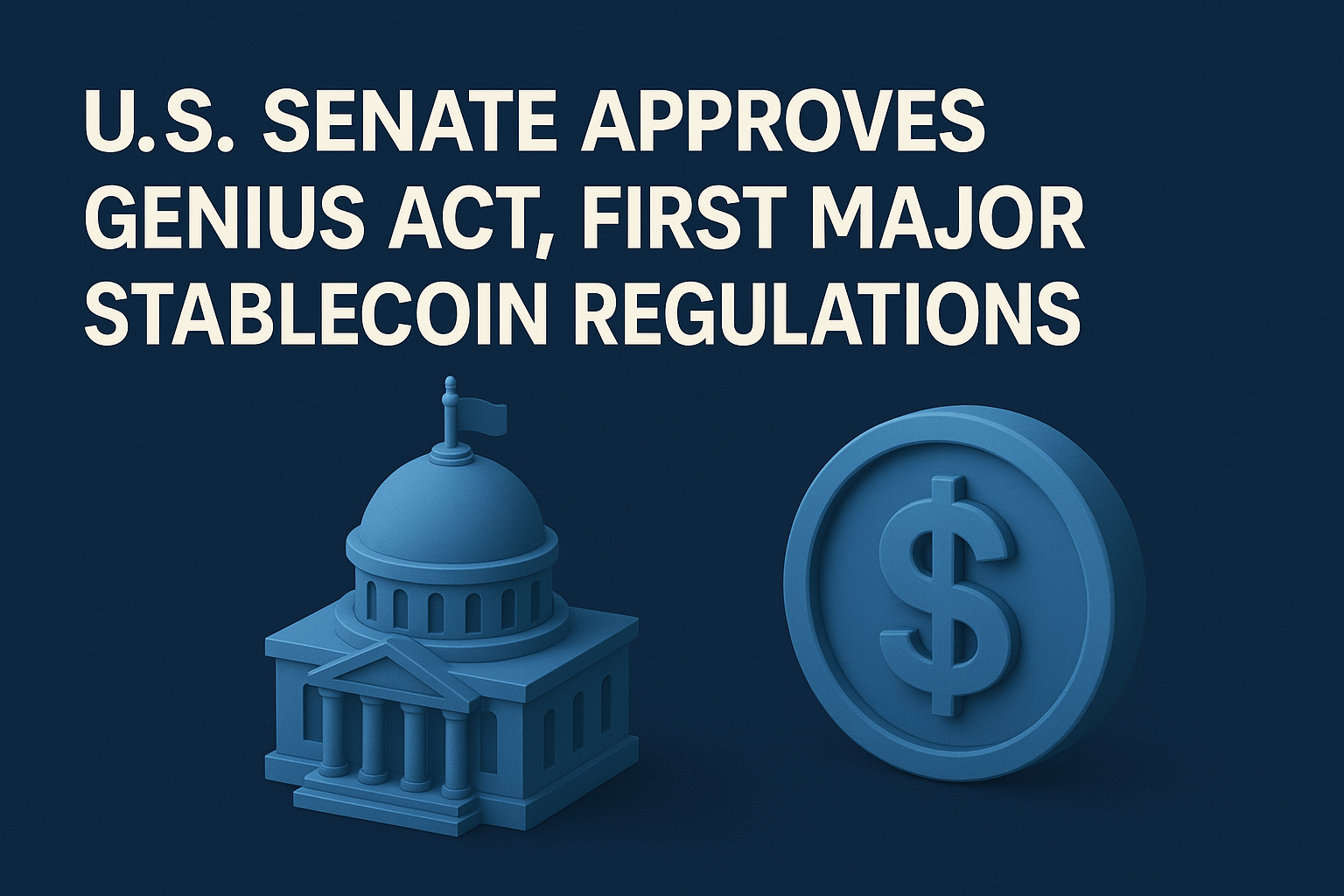Private White House Lunch Sparks Global Crypto Buzz
In a surprising move that could reshape the crypto landscape in South Asia, former U.S. President Donald Trump is reported to have discussed cryptocurrency with Pakistan’s top military leader, General Asim Munir, during a private lunch at the White House. This behind-the-scenes conversation has stirred significant speculation, especially given Pakistan’s growing interest in blockchain technology and digital assets amid financial instability.
Crypto Gains Political Attention in Pakistan
Pakistan has long maintained a cautious stance toward cryptocurrency, but recent policy discussions suggest a shift may be underway. With the country facing economic challenges and seeking modern financial alternatives, crypto is increasingly seen as a potential tool for remittances, inflation hedging, and financial inclusion.
Trump’s interest in Pakistan’s digital finance aspirations—particularly in a closed-door setting—adds political weight to the conversation. His willingness to engage on the subject hints at the geopolitical implications of digital currency adoption, especially as more countries explore CBDCs and decentralized systems.
Strategic Alliances in the Making
While no official statement has been released, sources suggest the lunch covered key topics ranging from regional stability to fintech innovation. General Munir’s presence, coupled with Trump’s open stance on emerging financial technologies, signals a potential strategic collaboration.
This meeting comes as U.S. policymakers continue debating crypto regulation, especially around stablecoins and global AML compliance. For Pakistan, Trump’s nod could accelerate legitimization of its crypto ambitions on the world stage.
Implications for Global Crypto Markets
The meeting may also influence institutional interest in Pakistan’s digital finance sector. With a former U.S. president showing interest, investors and crypto firms may revisit opportunities in South Asia.
Pakistan’s central bank is already studying digital currency frameworks, and the Securities and Exchange Commission is working on formal guidelines for virtual assets. The added international spotlight could fast-track these developments.
Rising Regional Competition and Innovation Pressure
Pakistan’s movement toward crypto comes amid regional innovation pressure from countries like the UAE, India, and Singapore—nations that have either adopted or regulated aspects of blockchain technology for financial infrastructure. As Pakistan seeks to compete in the global digital economy, support from a high-profile figure like Trump could encourage local lawmakers and institutions to take bolder steps in the crypto space.
This symbolic backing may also help Pakistan attract foreign crypto firms, blockchain developers, and fintech investors looking for first-mover advantages in emerging markets. The possibility of regulatory clarity—combined with strategic international endorsements—could help create a startup-friendly ecosystem for decentralized finance (DeFi), payment gateways, and digital asset custodians in the country.
National Security and Economic Sovereignty
Analysts also point out that embracing crypto could be part of a broader vision of economic sovereignty for Pakistan. With increasing reliance on foreign aid and pressure from global lending bodies, blockchain adoption may offer an alternative route for financial resilience—by decentralizing payment infrastructure and improving cross-border transaction transparency.
If implemented with the right legal framework and security protocols, Pakistan could become a case study in using digital assets to drive inclusive growth, digital literacy, and economic independence in the Global South.









